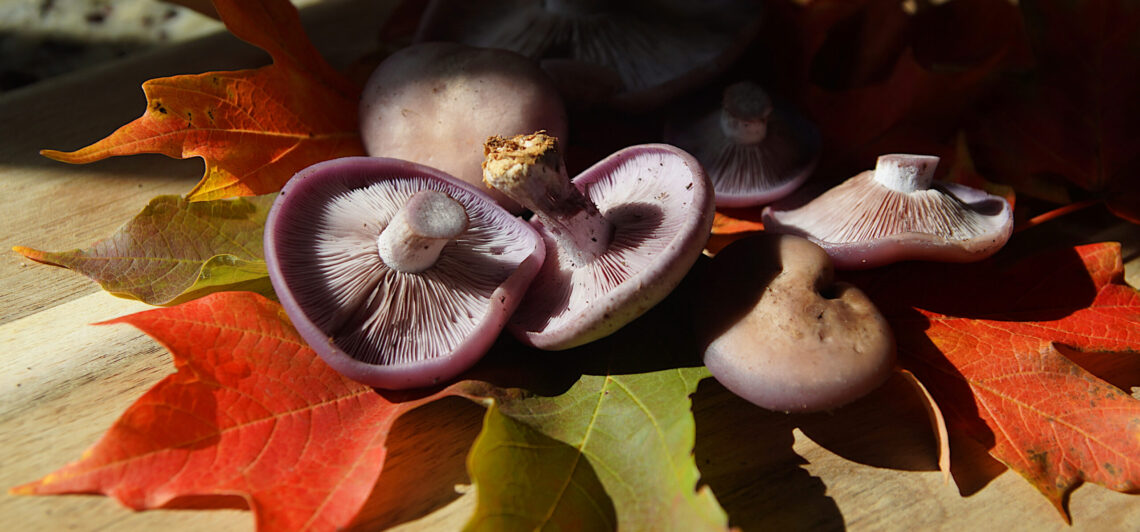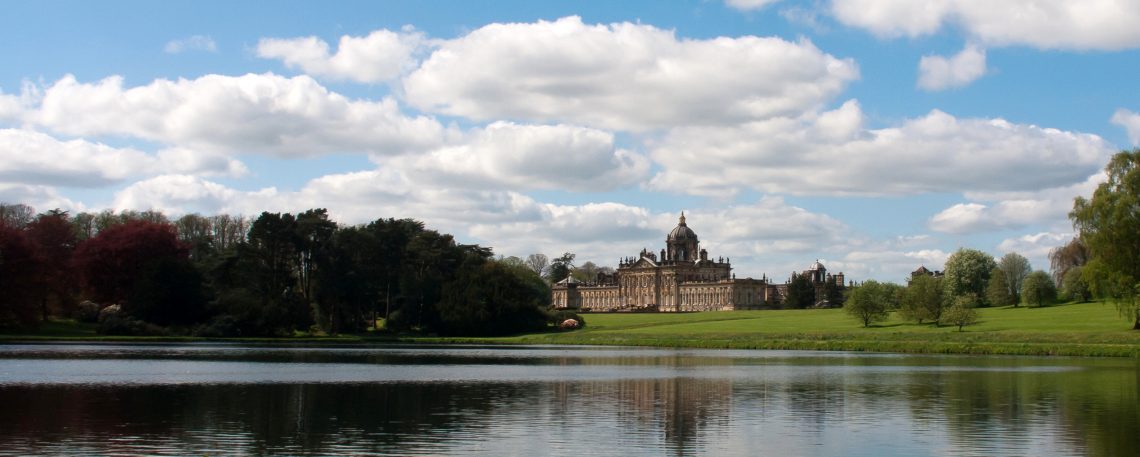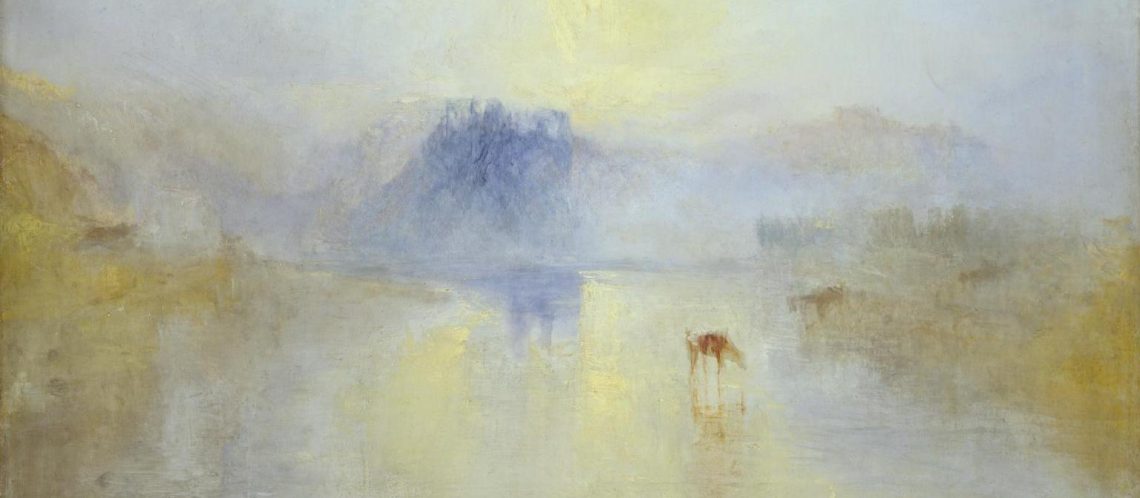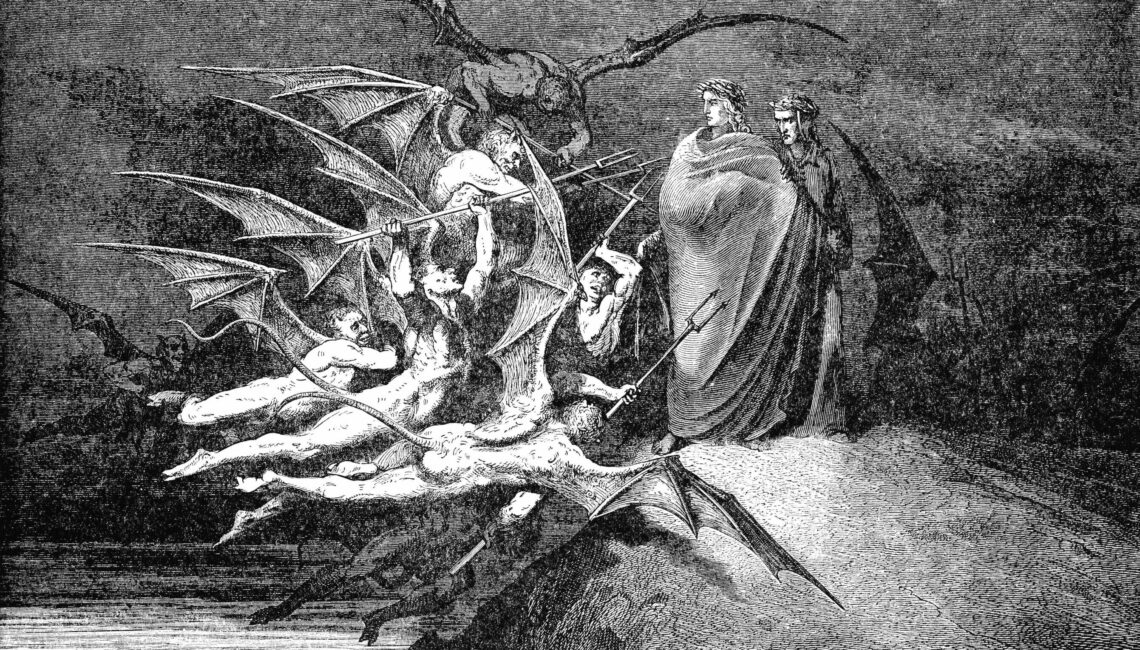Even if you don’t have kids in tow, dropping out of the interstate fast lane for a few minutes certainly can’t hurt. Reduce the blurring effect of modern transportation. Ignite your curiosity. And experience what Ray Bradbury called the “pores of life” instead — its finer features, texture, and details.
-
-
Wonder, Love, and Mushrooms
That is a surprising progression — from mushrooms to meaning, but it is possible because all things are united by their ultimate cause. The thoughts we draw from reality are like the fruiting bodies of a vast interconnected “network of being.” Beyond this, the Christian encounters reality not merely as “being” but also as a created order — an order that is, as Gerard Manely Hopkins puts it, “charged with the grandeur of God.” The inky cap mushrooms along my favorite walking path owe their existence to a creator. This gives my interactions with them a truly personal dimension. God is the giver. They are gifts. And I am the…
-
Travel That Shatters Our Images: Revisiting Brideshead
The way out of a tiresome tour bus and onto the pilgrim road is an odd, unpredictable combination of grace and a mind willing to leave preconceived frames at home.
-
A Streak of Sadness
“I believe the right books find us at the right time,” a former professor of mine likes to say. It’s true. The right books find us at the right time and they speak to us in the right ways. Some books sit with us for years, bringing wisdom in each new season until they become old friends. Some books wait on our shelves until we finally notice them, which always turns out to be when we need them most. Other books strike like lightning.
-
“A Longer Ladder Yet to Climb:” De-creating the Self in Dante’s Inferno
What if the biggest obstacle that stood between you and who you were made to be was…yourself?




